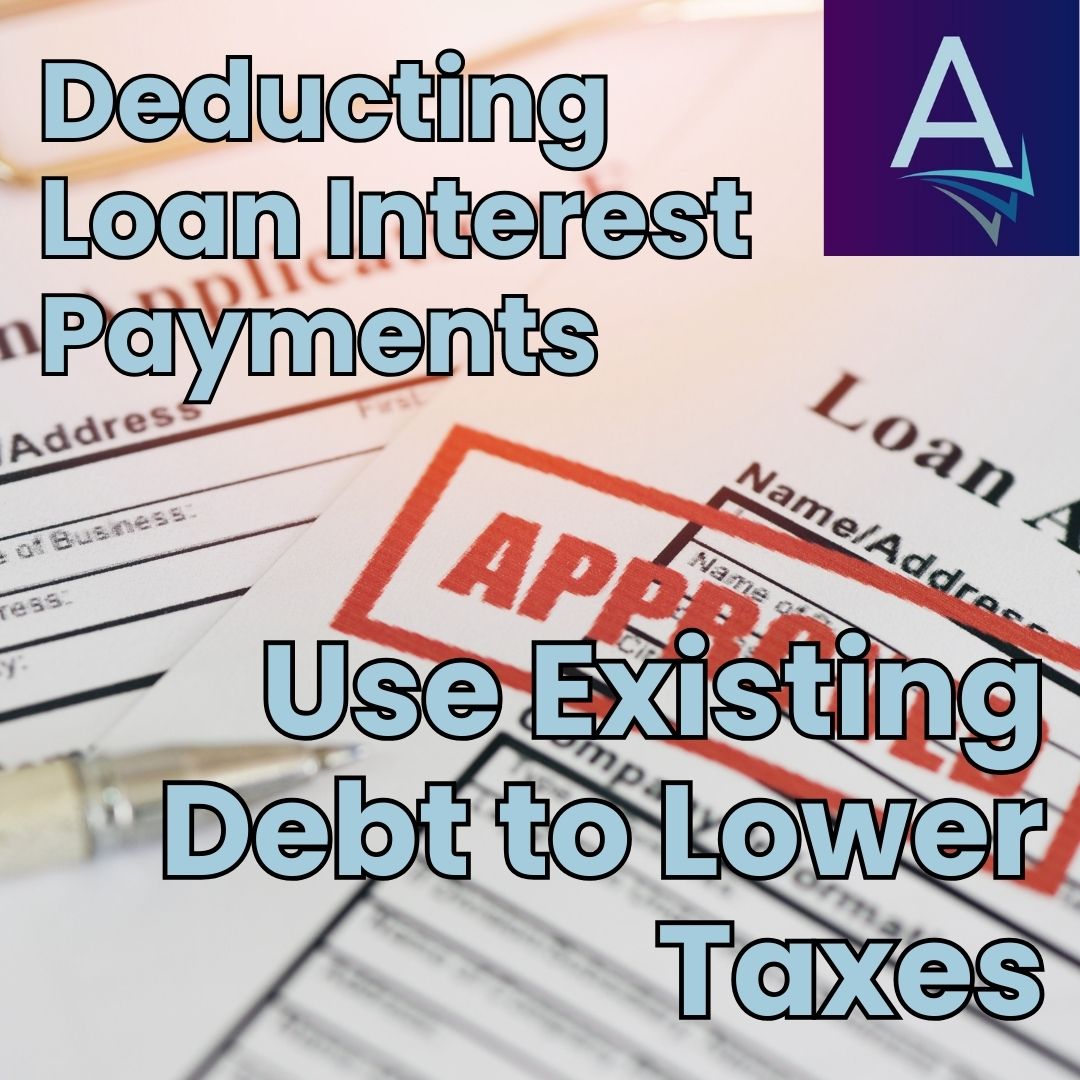If you can deduct expenses related to the operation of your business, doesn’t it stand to reason that you could also deduct business loan interest?
Yes.
Fortunately, the IRS thinks so too.
To qualify for these deductions, three things have to be true:
- You and the lender have a true debtor-creditor relationship. That means the lender is not family or friends, as such loans are informal and, for better or worse, often turn into ‘gifts’.
- You actually use the money you borrow. Money given to you that you don’t spend may get treated as an investment rather than a loan, even if you are paying interest on that money.
- You are legally liable for that debt and both you and the lender intend that the debt be repaid.
Let’s look at the types of borrowing a business can make whose interest payments are tax-deductible:
Loan Interest You Can Deduct
A loan to buy a business (that you actually are going to operate). Yes, you can buy a business with a loan and then deduct the interest payments on that loan as a business expense. If you, however, are not actually taking part in managing the business, then this loan is an investment, and while there are situations where investment interest can be deducted, that is beyond the scope of this article.

Business Term Loans (most SBA loans are structured this way) – With term loans, you get a lump sum of money deposited to your business account in the beginning, then payments are made (of principal and interest) until the loan is repaid in full. If you have a 5 year loan, for example, you can deduct business loan interest for every calendar year based on your monthly payments until the loan is completely repaid.
Business Lines of Credit – With a line of credit, you may borrow money, and the amount you borrow may change from month-to-month depending on your situation. It’s like a credit card. See your business line of credit statement to get the interest that you paid and add it up for the year.
Short-term Loans – Much like a term loan, just usually repaid much faster.
Vehicle loans – if those vehicles are used exclusively for the business.
Personal Loans – Let’s be clear: money you borrow and then use for personal expenses does not give you tax deductible expenses. However, one can take a personal loan, and if a percentage of it is used for business expenses, then the interest corresponding to that percentage can be deducted. For example, if you bought a fence-post digger for $800 for your business out of a $2000 personal loan (40%), and you used the rest of the money $1200 for personal expenses, then the 40% of your interest payments on that loan would be tax deductible. The IRS uses a car as an example, but the same point applies.
Limit to Your Loan Interest Deductions
Yes. The interest deduction limitation is on IRS form 8990 and it changes every year. If your annual gross receipts over the last 3 years are less than $30 million (As of January 2025), then you can deduct the interest fully. If greater, there is an ATI (Adjusted Taxable Income) limit.
If you have business loans, it helps to have a bookkeeper keep a chart of your principal and interest payments made over the year. Then when your CPA or tax preparer needs the documentation, you can give him or her the chart and claim your deductions fast.
To have me as your bookkeeper, and save you 80 hours a year or more on your bookkeeping, for less money than hiring someone in-house, call me for a free strategy session.


Leave a Reply